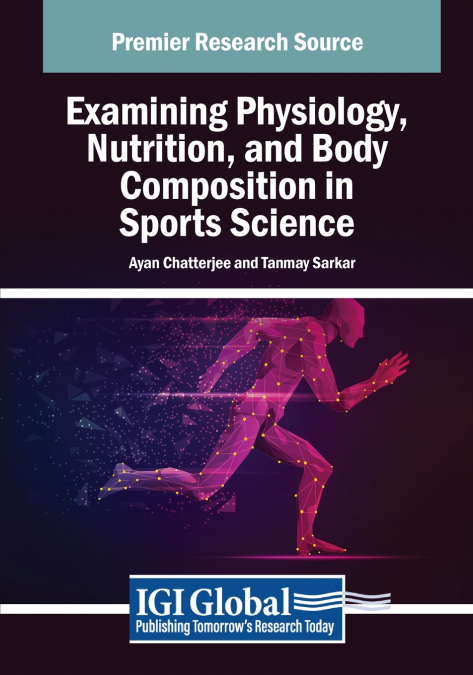
 Librería Desdémona
Librería Desdémona
 Librería Samer Atenea
Librería Samer Atenea
 Librería Aciertas (Toledo)
Librería Aciertas (Toledo)
 Kálamo Books
Kálamo Books
 Librería Perelló (Valencia)
Librería Perelló (Valencia)
 Librería Elías (Asturias)
Librería Elías (Asturias)
 Donde los libros
Donde los libros
 Librería Kolima (Madrid)
Librería Kolima (Madrid)
 Librería Proteo (Málaga)
Librería Proteo (Málaga)
In sports science, a thorough understanding of physiology, nutrition, and body composition is essential for optimizing athletic performance and enhancing health. Examining physiology provides insights into how the body’s systems function during physical exertion, revealing the interactions between muscles, cardiovascular health, and metabolic processes. Nutrition plays a pivotal role in fueling performance, recovery, and well-being, guiding athletes in balancing nutrients to support their training goals. Meanwhile, analyzing body composition helps athletes and coaches tailor exercise and dietary strategies to achieve optimal physical condition and reduce the risk of injury. Further study into these areas may help empower athletes to reach peak performance and maintain long-term health. Examining Physiology, Nutrition, and Body Composition in Sports Science delves into the systematic methods and protocols necessary for the precise understanding and optimization of an athlete’s physiological profile. It seeks to identify, assess, and tailor interventions related to body composition and nutritional needs for optimal sports performance. This book covers topics such as injury prevention, performance optimization, and biomarkers, and is a useful resource for medical professionals, nutritionists, sports scientists, healthcare workers, academicians, and researchers.